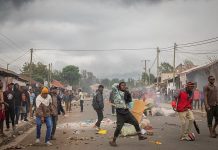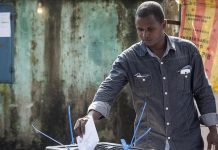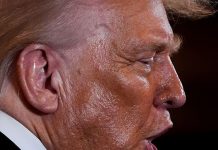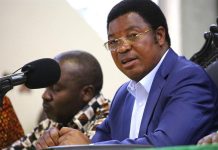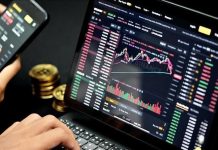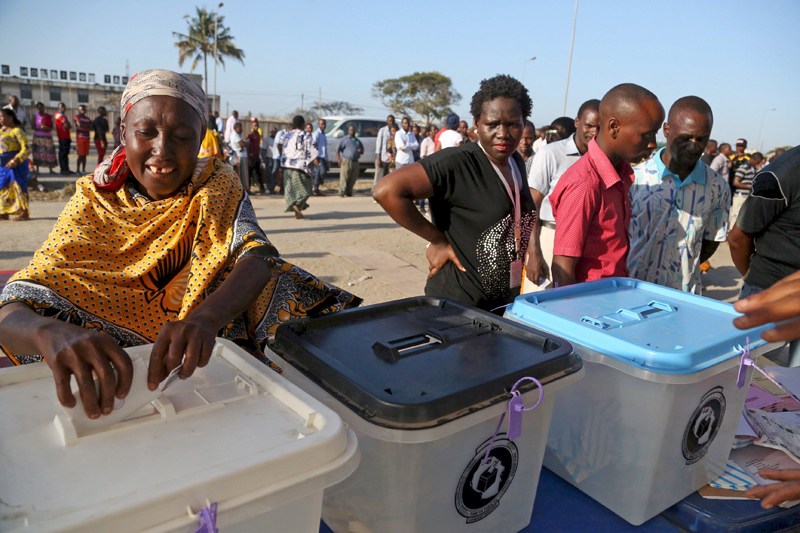
Author: SYLIVESTER DOMASA
AfricaPress-Tanzania: OVER 250 voting right groups are meeting here for the first time, a week before election campaigns kick off, to deliberate on the best approach for consolidating public awareness on election laws for the people, the government and candidates.
The National Electoral Commission (NEC) granted 245 permits for civil society organisations in Mainland Tanzania and additional seven in the semi-autonomous Zanzibar, to help promote voters’ education ahead of the October 28 polls.
But speaking during the launch of the meeting, NEC’s Vice Chairman, Judge (rtd) Mbarouk Mbarouk, cautioned that only registered and permitted CSOs will be allowed to carry out voters’ education campaigns.
NEC is charged with overseeing the entire election process in Mainland Tanzania and 50 constituencies in Zanzibar.
Section 4 (c) of the National Election Act No 343 empowers NEC to provide civic education as well as delegate the job to voting rights groups.
NEC’s Assistant Director of Voter Education and Public Information, Dr Cosmas Mwaisobwa, explained that voters’ education helps increase the number of voters to participate in the election process, especially the actual voting.
He said the commission is mandated to engage rights groups to help spread the information across the country. According to the director, the partnership between the civil society organisations and the national electoral commission will raise awareness, especially in remote rural communities.
“The commission has given top priority to people with disabilities to fully participate in the general election. The key group is disadvantaged as it faces serious challenges in obtaining correct information and means to attend to political campaigns,” he said.
Dr Mwaisobwa further remarked: “We are also giving special focus to the youth and women. Most youth have just turned 18 years of age, and this is their first time to engage in decision making on that front,” he noted.
NEC expressed optimism that the meeting with the CSOs will bridge the information and engagement gap for raising public awareness on the matter.
It however called on CSOs to intensify their approaches by adopting multiple channels such as social media, sports and entertainment activities in disseminating civic information to the public.
The Chairperson of the Foundation for Disabilities Hope, Mr Maiko Salali, expressed concern over how people with mental health disorders were distinguished to also participate in the voting process.
Apparently, he said, disability varied from one person to another and called for the national electoral commission to create a friendly environment that will enable people with disabilities to participate fully in the important exercise.
His concerns were echoed by Paul Mathias from the Visual Impaired Society of Tanzania, who wondered whether NEC had also prepared special ballot papers for people with vision impairment, to independently read and vote without assistance from third parties.
The electoral commission says it has prepared special ballot papers for enabling people with visual challenges to participate in the exercise.


